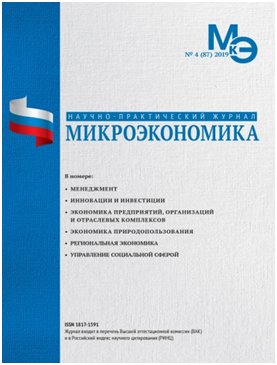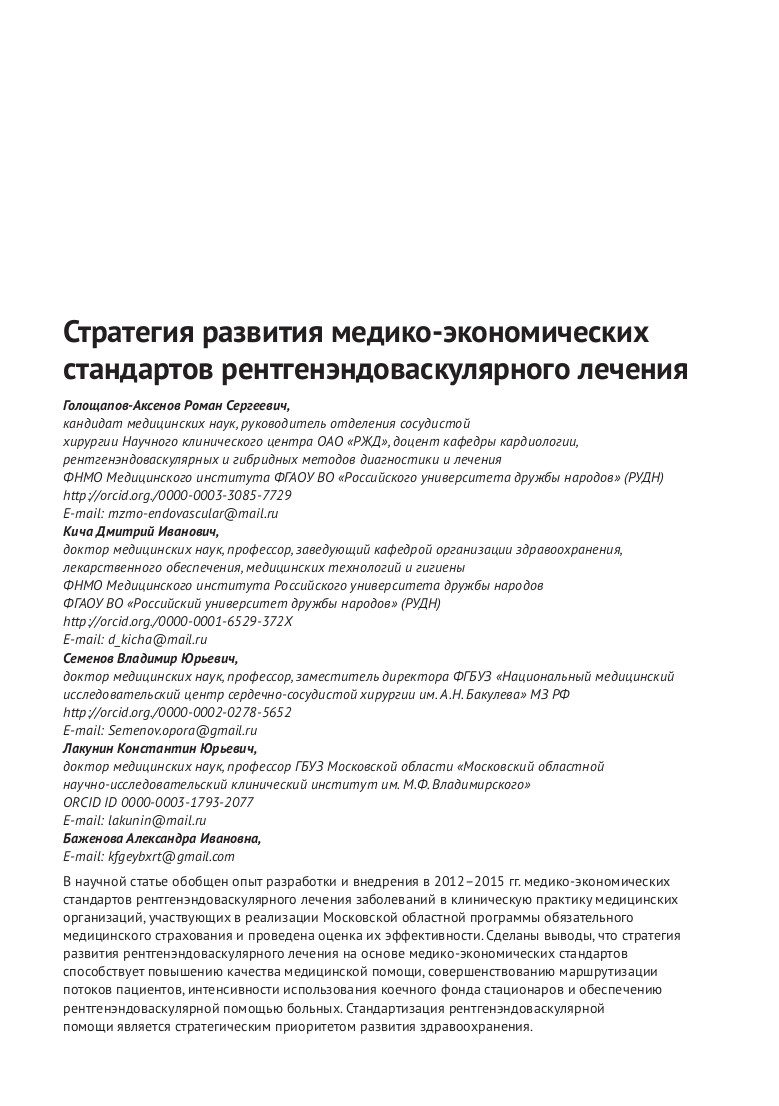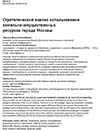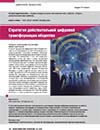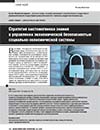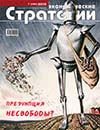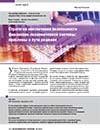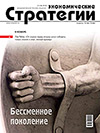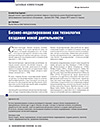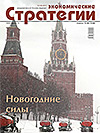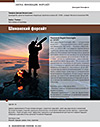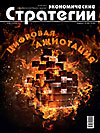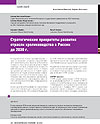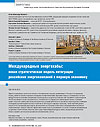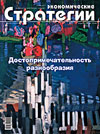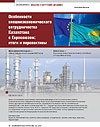Strategies of development of medico-economic standards of endovascular treatment
The scientific article summarizes the experience of development and implementation in 2012-2015 medico-economic standards for endovascular treatment of diseases in the clinical practice of medical organizations involved in the implementation of the Moscow regional program of compulsory health insurance and an assessment of their effectiveness. It is concluded that the development strategy of endovascular treatment based on medical and economic standards improves the quality of medical care, improves the routing of patient flows, the intensity of hospital beds and provides effective endovascular care for patients. The standardization of endovascular care is a strategic priority for healthcare development.


